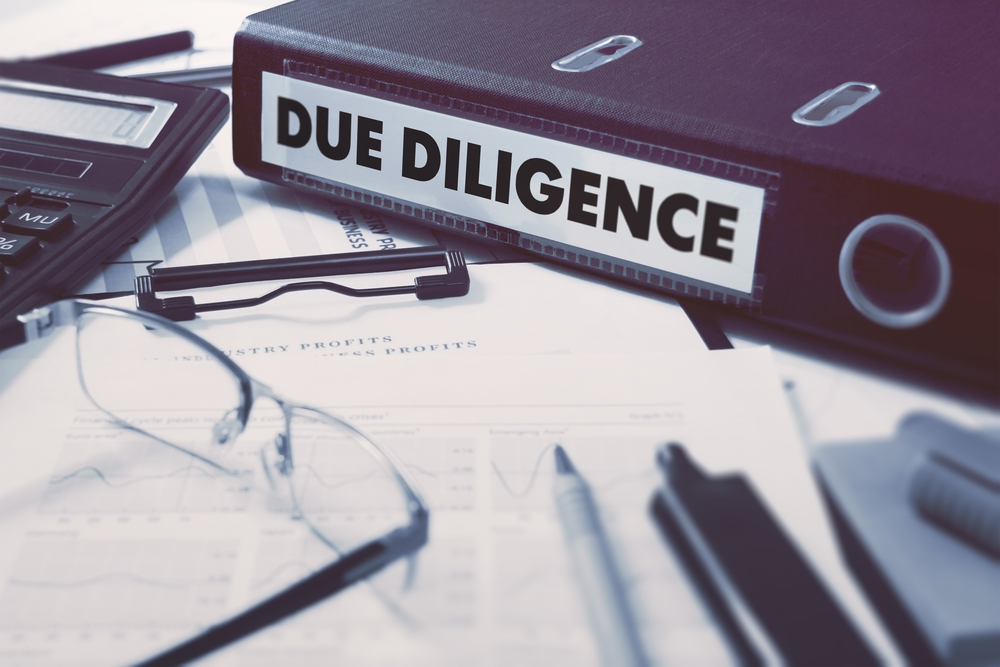
Most people know when they are in the process of purchasing an online business, particularly an e-commerce company, that due diligence is an important component of verifying you’ve covered all of your basis. Internet business due diligence can be significantly enhanced when you hire an online business broker to assist you.
This is a crucial part of the acquisition process and one that must be approached with care. Some of the key areas of focus in a due diligence evaluation for e-commerce include inventory management, customer support, supplier relations, and traffic.
Identifying Trends
Buyers should always use Google Analytics to look at the overall traffic for every channel on a daily, monthly and yearly basis. If you are preparing to sell your e-commerce business, you should do this research on your own in advance, as this will have a significant impact on your valuation.
Typically, the optimal trend for buyers is slow and consistent growth over all options, but it is also acceptable to see certain sources that grow and contract in importance over time.
Understanding Concentration
Traffic composition is also a valuable component of an e-commerce business valuation. Buyers should always investigate the most popular three channels that account for up to 80% of traffic. For most e-commerce companies, organic search traffic makes up the primary component of overall visitors and this is seen as highly valuable. The next thing to examine is the back-link profile for the website.
Now knowing the various channels, it’s also valuable to look at the quality of the traffic that is coming to the site and how people take action.
Financial Details
After reviewing the traffic, it’s a good idea as a prospective e-commerce business seller to look at the financials. These two things work together, including the traffic analysis and the financial analysis.
After the accuracy of the revenue has been verified in the due diligence process, the makeup of these sales should be analyzed carefully, ideally with the help of an experienced online business broker.
Some of the information that should be included in the financial valuation are the breakdown of the revenue by product, the breakdown of the revenue by customer, and the breakdown of revenue based on the supplier. Getting these splits will help to pinpoint concentrations and present an overall risk profile for the revenue.
Don’t Forget Refunds and Chargebacks
Cost analysis and expenses should always be carefully analyzed, requisitioning appropriate PayPal statements, monthly bank statements in addition to credit card statements associated with the business. Furthermore, the information should be gone through one line at a time, totaling up the expenditure every single month. Charge backs and refunds should be evaluated carefully.
Customer support issues may be indicated by a high rate of refunds, and this may also be a sign of a low quality customer base or product issues. Recent research indicates that around 3% is an average for refunds when it comes to physical goods.
Any higher than this and a prospective buyer may want to dig a little bit deeper in your company, and your company may not have as high an overall value.
Website Closers helps you take a deep dive into the numbers to figure out where your company is likely to have appeal for buyers,